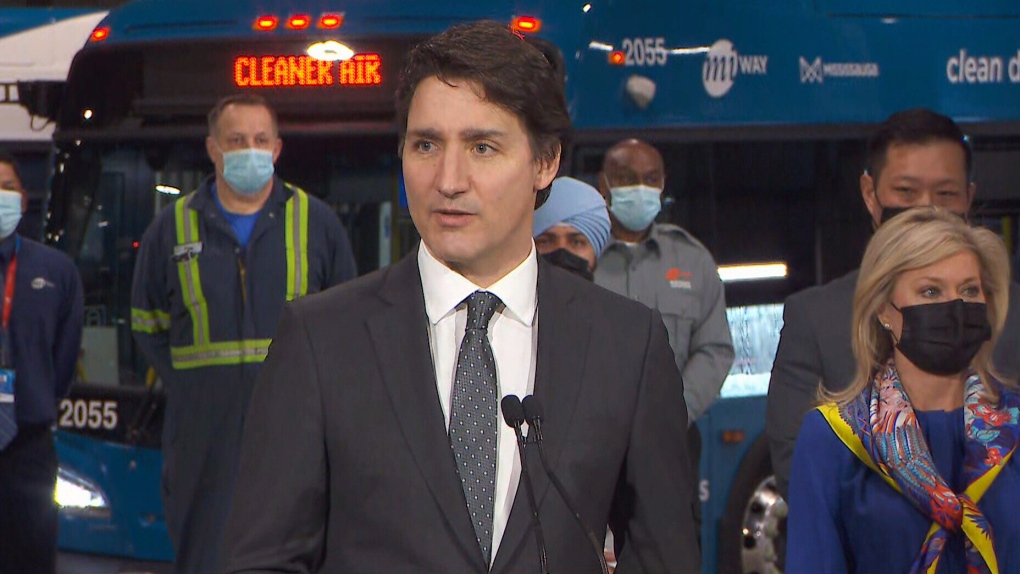It does seem to be raised above traffic level. It does not seem to be leaving room for curbs (just my opinion) and I'm not sure whether I trust them to keep it snow-free during winter, or not to make it a gutter for cost savings. I would still prefer the pole zone to be between the road and the bike lanes.
Yes, exactly this. If this is anything like Viva then pretty much all the poles get moved anyways, and moving the cycle paths further away from the road is just better for cyclist comfort and safety, and is more conducive to protected intersections.
On Yonge after the Viva bus lanes and accompanying cycle tracks were built, even with the raised cycle track, pretty much everyone still rides on the sidewalk. Nobody is going to ride somewhere that feels dangerous and uncomfortable when there is a safer and more comfortable option 2m away. Being only 1-2m from fast moving cars does not feel safe for most people, and it’s also noisy and closer to car exhaust. IMO, if you built cycling infrastructure and most normal people are still using the sidewalk, that infrastructure is a failure.
Winter is also a huge thing. Any time you have sidewalks directly beside roads, they become completely impassable 1m piles of snow after significant snowfall since that’s where the road plows dump snow, often too much snow even for the plows to properly clear, and even a week later they’re usually still covered in a decent amount of snow. On a major arterial that effectively means it’s practically impassable for pedestrians for several days unless you want to walk in 70km/h traffic. The same applies to cycle tracks directly next to roads, as demonstrated by the aforementioned ones on Yonge which are currently impassable 1m piles of snow.
That said, If the utility poles aren’t being moved, that would be a valid reason for the current design… but I’m more inclined to think it’s like Viva (and Six Points, and the plan for Yonge in North York, and most other projects we’ve seen) and they just don’t care enough.
Edit: Note that even in the Cooksville section where the pole zone is in the proposed widening of the ROW and therefore obviously not the pre-existing pole zone, it’s still in the wrong place…







